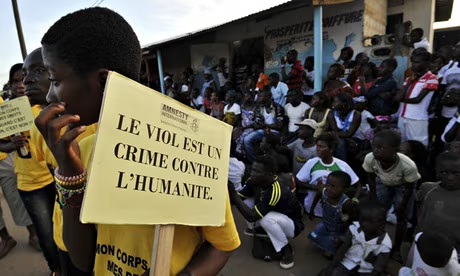Banjul, 6 July 2021: IHRDA has begun a capacity-building initiative for judicial officials, lawyers and civil society actors in West Africa on judicial enforcement of socio-economic rights.
In view of strengthening access to justice for underprivileged people and communities in the area of social and economic rights in West Africa, this initiative seeks to build the capacity of judicial officials and human rights defenders on the application of legal instruments that guarantee social and economic rights, and the use of domestic and regional judicial mechanisms to advocate for the enforcement of these rights.
Three workshops have been slated under this initiative: one for actors in Senegal, Guinea, Côte d’Ivoire and Mali; another for Niger, Burkina Faso, Benin and Togo; and one for The Gambia, Sierra Leone, Ghana, Nigeria and Liberia.
The first workshop (for Senegal, Guinea, Côte d’Ivoire and Mali) runs from 5-7 July 2021, while the others will take place on 12-14 July 2021 (for Togo, Benin, Niger and Burkina Faso) and 27-29 July 2021 (for Ghana, Gambia, Sierra Leone, Liberia and Nigeria).
In each of the workshops, participants will discuss concepts and context of economic and social rights in Africa, as well as provisions on economic and social rights in major human rights legal instruments in Africa, such as the African Charter on Human and Peoples’ Rights, the Protocol to the African Charter on the Rights of Women in Africa, and the African Charter on the Right and Welfare of the Child. They will equally discuss procedures and techniques to engage in legal advocacy before regional human rights mechanisms, notably the African Commission on Human and Peoples’ Rights, the African Court on Human and Peoples’ Rights, the African Committee of Experts on the Rights and Welfare of the Child, and the ECOWAS Court.
This GIZ-funded project comes in a context where many African States are conspicuously lagging in the promotion and protection of economic and social rights. In some States, social and economic rights are considered non-justiciable, despite ratifying major regional and international treaties that oblige States to guarantee the enjoyment of these rights by their people.







